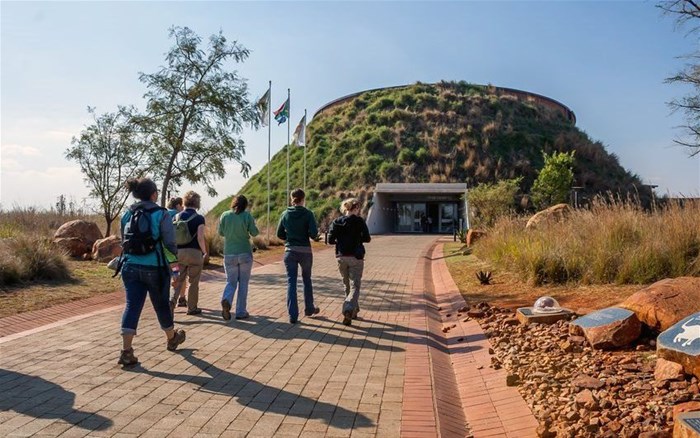Top stories






More news



















The job-intensive tourism sector has always been a key driver of South Africa's national economy. It is also one of the sectors which has suffered tremendously from the pandemic and resultant economic lockdown.
With widespread shutdowns, curfews and closed borders, when the tourism domino fell it knocked down a string of others with it, including aviation, hotels, B&Bs, bars and restaurants, sport, ecotourism, events and business tourism. It also devastated the South African film industry, which is a significant contributor to the country’s tourism sector.
Foreign and local filmmakers have long taken advantage of South Africa’s diverse locations, lower production costs and attractive tourism offerings, which has created a substantial industry in our country. According to the findings of the recent Economic Impact Assessment Study (EIA), undertaken by BDO on behalf of the National Film and Video Foundation (NFVF), in 2019/20, the film industry injected an estimated R7.2bn into the country’s economy.
It is alarming then, that as a direct result of the pandemic, this number has now collapsed to R2,9bn in 2020/21 and, of even more concern is that 60% of full-time equivalent jobs in the sector have been lost.
This is heart-breaking and the shock to the economy is even more chilling given that South Africa was facing a major skills drain long before the pandemic began. According to Rand Merchant Bank, an average of 22,000 South Africans were emigrating each year, but after 18 months of economic fallout, with little assistance from government, that number could climb at a worrying pace, as travel restrictions lift.
A skills shortage is one of South Africa’s biggest economic risk factors and poses a serious threat to the country’s economic recovery plan.
Once stakeholders move on and take their skills and their working capital to other sectors or even out of the country, it will become almost impossible to bring them back again. Where will the country find the funds to restart the economy if the entrepreneurs and skilled resources have moved on to pastures that offer the support needed to flourish again?
With this in mind, perhaps the focus shouldn’t only be on our country’s presence on various red lists or expediting vaccine passports to boost tourism, but also on how we reopen the country from the inside as restriction levels drop, and the need to support sectors across the board so they can stay in business.
A step in the right direction could be revisiting funding structures to ensure that necessary funding reaches the right places at the right time. Perhaps the country can seek alternate ways of providing affordable working capital which is less expensive than traditional loans and bank overdrafts requiring rapid repayment with little or no flexibility. Forward and lateral thinking based on new and creative models which take into account those sectors which were hit the hardest by the pandemic, is also severely needed.
These are sectors which will require special backing from the government and other supporters to keep them on our shores and contributing to the country’s economic recovery and future.
All of the latest Level 1 adjustments are substantial enablers for recovery, but our nation still needs support, and now is the time for government and other supporters to step up their efforts.
We tend to look at tourism in isolation, when in fact it's an industry profoundly affected by, and in turn has a profound effect on so many other sectors. Inbound tourism will recover. Our abundant beautiful natural resources will ensure that. What will not recover is our ability to fund our businesses as they restart and to retain or re-employ a skilled workforce, both of which are integral to the process of economic recovery.